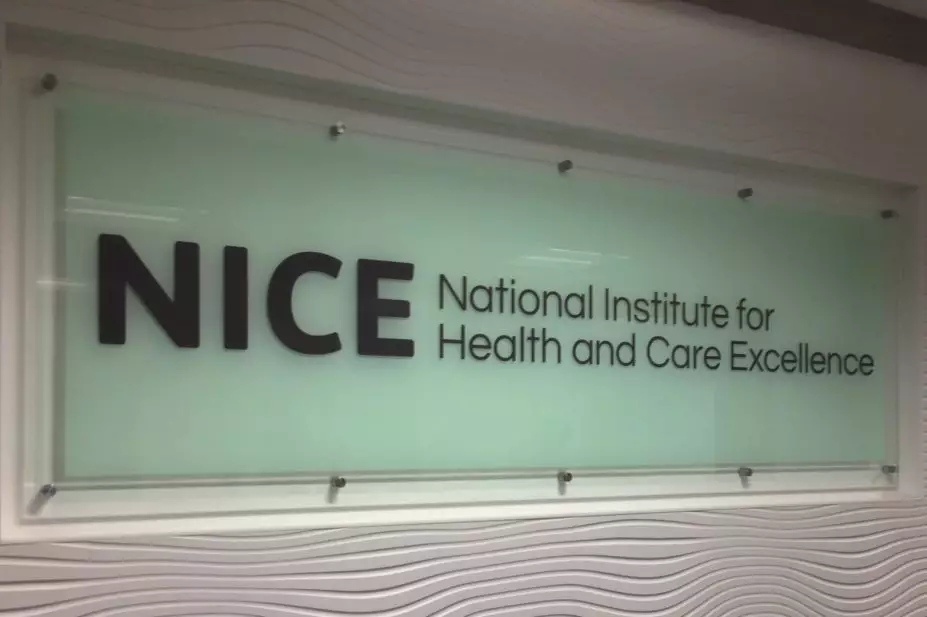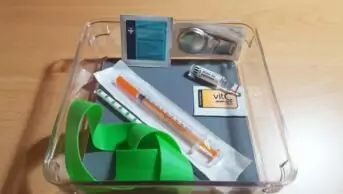
Courtesy of NICE
The National Institute for Health and Care Excellence (NICE) has published a guideline on the management of controlled drugs.
The guideline calls on NHS organisations to develop a controlled-drugs policy and standard operating procedures for storing, transporting, destroying and disposing of controlled drugs.
It also recommends that healthcare professionals advise patients on how to store and dispose of their medications and discuss with them whether the drugs will be accessible to others. Pharmacists should take reasonable steps to confirm the identity of a person collecting a prescription for a controlled drug and explain to patients or carers that the drugs should only be used by the person named on the prescription.
The guideline also states that the supply of controlled drugs should not exceed 30 days, unless there are exceptional circumstances.
NICE created the guidance to bring together legislation changes with current policy and best practice advice. It says the guidance should give greater clarity to healthcare professionals, help organisations to ensure working practices comply with legislation, and reduce the safety risks associated with controlled drugs.
“A great deal of work has been done recently to help ensure the safe use and management of controlled drugs at a local and national level,” says GP Tessa Lewis, who chaired the guideline development group. “However, ongoing activity and vigilance is required to sustain the positive developments that have been achieved since the changes to the structure of the NHS took effect in 2012.”
A study of data from 2005 to 2011 found that controlled drugs accounted for the majority of serious harm from medication incidents reported in England and Wales.


